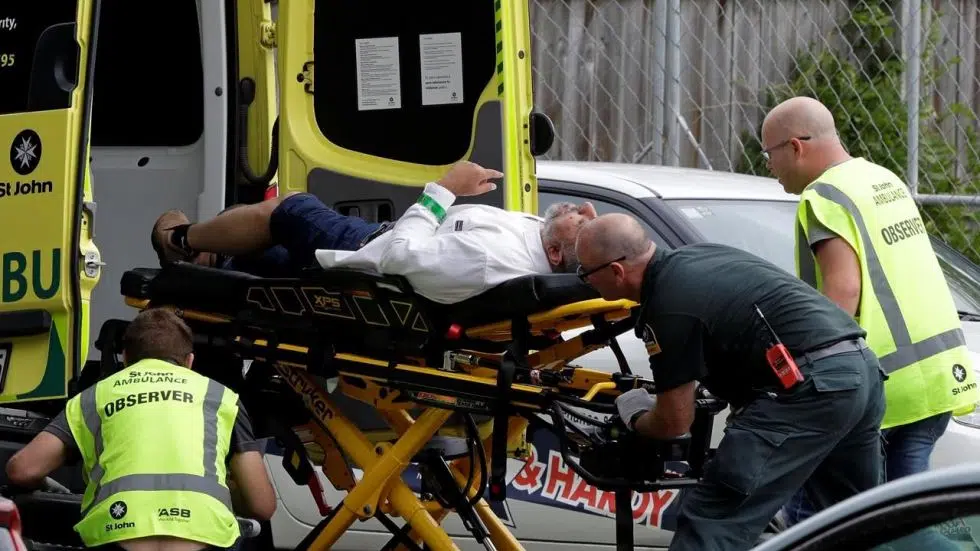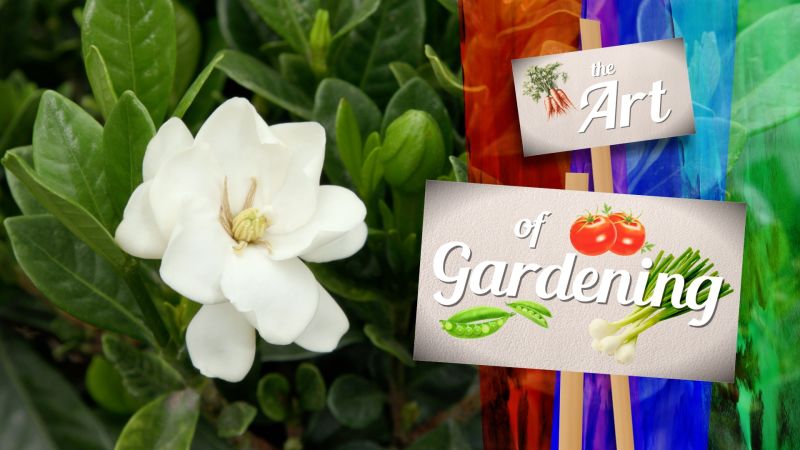
ROTHENBURGER: The world decides not to play the killer’s game
AS SURELY AS IF by referendum in every country, in every city and every house on every street and country road, the world made a decision on Friday. It was the right decision.
We voted as a global community to opt out of the long-held premise that if we’re to have freedom of expression, it must be absolute. That there must be no exceptions. Under the old way of thinking, once we deviate even an inch, all will be lost. We will inevitably descend into the world of Orwell’s 1984, controlled by the Ministry of Truth and the language of Newspeak.
That’s over. We decided there must be exceptions in order to protect the whole, and that we can manage those exceptions.
The turning point was the mass murder in New Zealand in which a killer (at this writing it’s unclear if he had accomplices) planned a live video production of the rampage in which he slaughtered 49 people. It was a terrorist act and a hate crime recorded and distributed around the world in a way that had never been done in previous mass murders.


